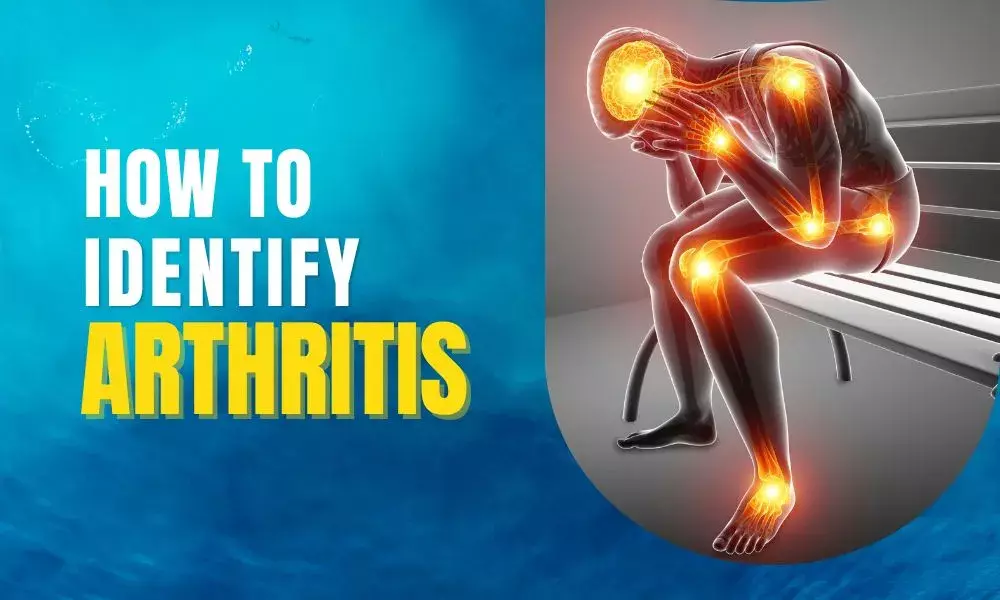Arthritis can impact the quality of your life, leading to discomfort and immobility. In some cases, it can lead to the development of chronic health conditions like cardiovascular disease, lung disease, and diabetes.
Table of Content
-
Arthritis and related diseases
-
What causes Arthritis?
-
Early symptoms of Arthritis
-
Preventing Arthritis
Arthritis and related diseases
Arthritis is generally characterized by some discomforts such as pain, swelling, redness, and stiffness in your joints like knees or elbows. It appears when the cartilage that supports your bone undergoes wear and tear. There are more than a hundred subtypes of Arthritis. A few common types of Arthritis are:
-
Osteoarthritis is common in older people.
-
Gout occurs as flares, especially in the lower limb or big toe.
-
Juvenile idiopathic Arthritis affects children and is the most common type of chronic Arthritis.
-
Ankylosing spondylolysis is a subtype of Arthritis. It causes inflammation in the joints and ligaments of the spine.
-
Rheumatoid Arthritis is a situation where the immune system attacks the healthy joint tissues.
-
Psoriatic Arthritis affects the skin, joints, and areas where tissues attach to bone. It is common in people suffering from psoriasis, a skin disorder with scaly red and white skin patches.
-
Reactive Arthritis appears due to an infection in your body.
What are the factors causing Arthritis?
Factors causing arthritis may be different in different types of arthritis. For example, gout occurs due to excess uric acid in the body. Rheumatoid Arthritis is a result of autoimmune disease. You may develop Arthritis if you have:
-
A family history of Arthritis increases your risk.
-
If you have an autoimmune disease or viral infection.
-
If you are repeatedly indulging in activities that are putting pressure on your joints.
-
Any previous injury near the joints can also cause Arthritis.
Early symptoms of Arthritis
Different kinds of Arthritis have different signs and symptoms. Joint discomfort may be mild in some people and severe in others and may come and go. Common symptoms include:
-
Sharp pain, stiffness, and swelling in one or multiple joints.
-
Morning stiffness in a particular joint that may last at least for an hour.
-
Stiffness in bones that may worsen while inactive and may improve with some amount of physical activity.
-
Sudden swelling or redness around a joint.
-
Sometimes, a person suffering may experience fever, anaemia, weight loss, and fatigue.
Six Ways to Prevent Arthritis
You can prevent Arthritis by following five important things:
-
In case you do weight training, do it under a professional expert. And prefer low-impact exercise so that your joints are not pressurized.
-
Maintain your body weight, as excess weight burdens your joints, especially in the lower body. People who are obese are at high risk of Arthritis.
-
Ensure good levels of vitamin D and calcium, as the right amount of both these components ensures good bone health. Have a diet that has a significant source of calcium.
-
Sunlight stimulates vitamin D production, so aim to soak yourself in sunlight for 15 minutes every day.
-
Smoking leads to an increased risk of developing osteoporosis, a weakness of bone that causes fractures. Avoid consuming tobacco products.
-
Take preventive measures and avoid bone or joint injurie.
Arthritis becomes worst if not treated well in time. Therefore, you must consult an orthopedic for joint or bone discomfort.




